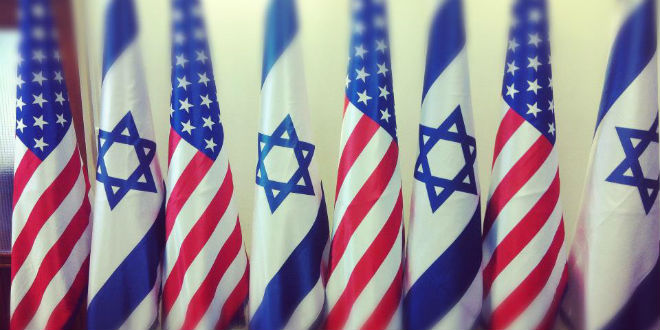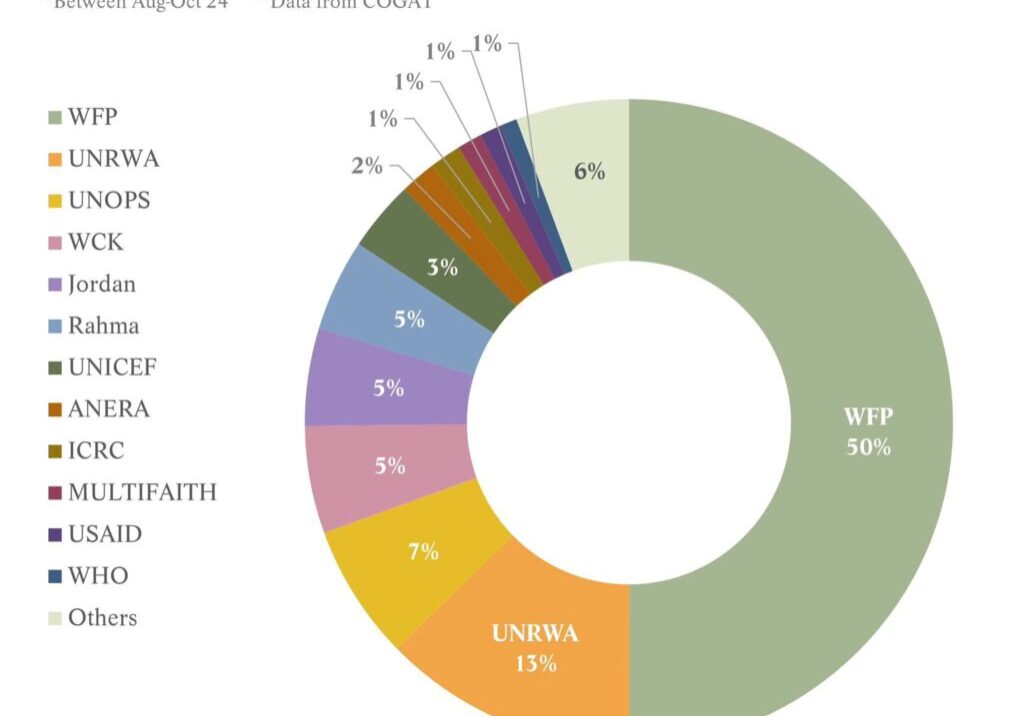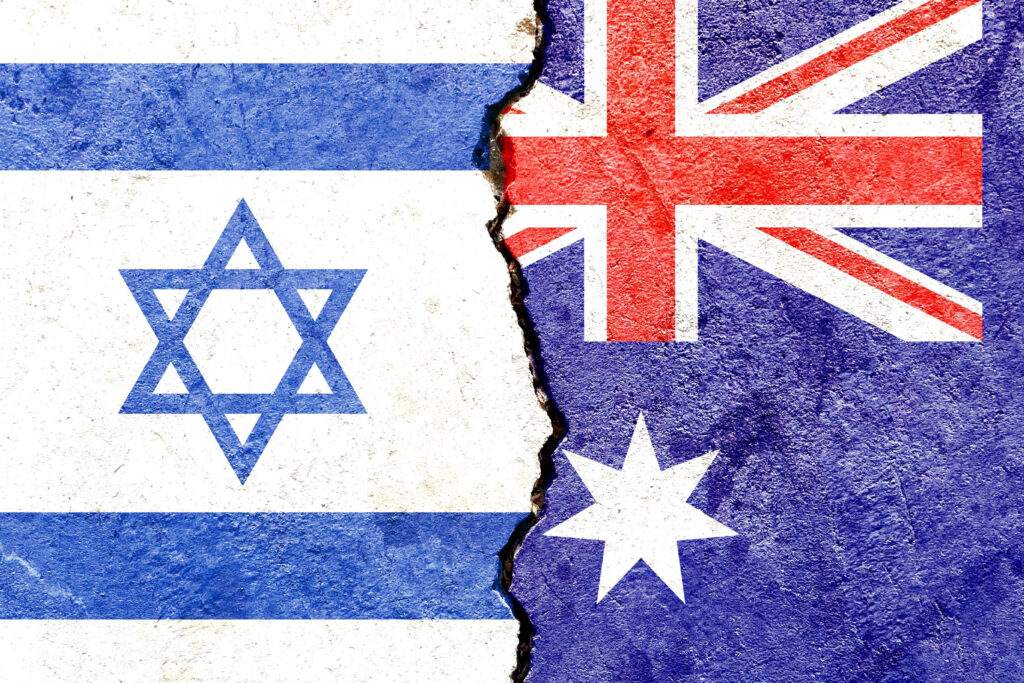FRESH AIR
UPDATES
US Political Party Platforms Shift on Israel
Jul 15, 2016 | Aaron Torop

Every four years when the Democratic and Republican parties officially nominate their candidates for president, they also amend their platforms, the official party position on a wide range of issues. Even though the platforms are non-binding and do not directly affect US foreign policy, they do express the overall beliefs and goals of each party.
This past week, the Republican and Democratic platform committees met to debate and vote on the language they wanted to add, subtract and change. As has been the custom, Israel was one of the topics discussed, and both parties amended their positions, signalling the potential for a shift in the US-Israel relationship in the coming years.
Republicans
The Republican Party’s 2016 platform on Israel states, in part:
“The U.S. seeks to assist in the establishment of comprehensive and lasting peace in the Middle East, to be negotiated among those living in the region. We oppose any measures intended to impose an agreement or to dictate borders or other terms, and call for the immediate termination of all U.S. funding of any entity that attempts to do so. Our party is proud to stand with Israel now and always.”
One significant change in the above paragraph is the removal of any language related to a two-state resolution to the conflict. The 2012 Republican platform read:
“We support Israel’s right to exist as a Jewish state with secure, defensible borders; and we envision two democratic states – Israel with Jerusalem as its capital and Palestine – living in peace and security.”
Additionally, the platform committee added in language calling for an “undivided” Jerusalem to be the capital of Israel, language that was in the 2008 platform but removed in 2012. Another new element of the 2016 platform called support for Israel “an expression of Americanism.”
Finally, Republicans added in the following language on BDS:
“We reject the false notion that Israel is an occupier, and specifically recognize that the Boycott, Divestment, and Sanctions Movement (“BDS”) is anti-Semitic in nature and seeks to destroy Israel.”
This shift in language was driven in part by the Iron Dome Coalition Super PAC (created by Jewish Republican activists) in conjunction with pressure from Christians United for Israel, an evangelical Christian lobby with three million members. This goes against the articulated position of AIPAC (the America-Israel Public Affairs Committee, which has 100,000 members) and its attempts to secure a reference to two states in the platform. This is significant because AIPAC is widely regarded as the US organization most important in impacting the US relationship with Israel, and is another example of the possible decline of their influence.
The Republican Party’s position on Israel appears to be becoming less nuanced and the party is openly aligning itself with the voices of some of the right-wing elements in Israel as a way to distinguish itself from the Democrats, who have become more critical of Israel in recent years.
Democrats
In the Democratic Party, the story was what did not change, instead of what did. The party’s platform committee had a number of anti-Israel figures on it, notably BDS supporter Cornell West, appointed by the runner-up for the Democratic nomination, Bernie Sanders. Sanders also appointed James Zogby and Keith Ellison, both known “in part for their criticisms of Israel,” and Hillary Clinton appointed Wendy Sherman, a lead negotiator of the JCPOA (the Iran nuclear deal reached last year). While the potential for significant changes was present, the final language mirrors that of previous platforms.
The 2016 Democratic Platform reads:
“A strong and secure Israel is vital to the United States because we share overarching strategic interests and the common values of democracy, equality, tolerance, and pluralism. That is why we will always support Israel’s right to defend itself, including by retaining its qualitative military edge, and oppose any effort to delegitimize Israel, including at the United Nations or through the Boycott, Divestment, and Sanctions Movement.
“We will continue to work toward a two-state solution of the Israeli-Palestinian conflict negotiated directly by the parties that guarantees Israel’s future as a secure and democratic Jewish state with recognized borders and provides the Palestinians with independence, sovereignty, and dignity. While Jerusalem is a matter for final status negotiations, it should remain the capital of Israel, an undivided city accessible to people of all faiths. Israelis deserve security, recognition, and a normal life free from terror and incitement. Palestinians should be free to govern themselves in their own viable state, in peace and dignity.”
Notably, there were two proposed amendments to the 2016 platform that were voted down: one that would advocate for the end of the “occupation and illegal settlements” and one that would remove the threat of military action should Iran violate the JCPOA. Reportedly there were chants of “free, free, Palestine” when the amendments failed.
What Happens Next?
The platforms must be approved during each party’s national convention (the Republican convention is July 18-21 and the Democratic convention is July 25-28). While this is usually a formality, the most recent Democratic convention featured some contention on Middle East issues.
In 2012 the Democrats removed the line “Jerusalem is and will remain the capital of Israel,” during the platform committee meeting. However, after much criticism, they reinstated the line on the convention floor, while many people in attendance booed.
One area in which the changes in the platforms could have an impact is whether or not Prime Minister Netanyahu and President Obama are able to sign a new Memorandum of Understanding, which specifies the long-term arrangements for the US aid package to Israel. If they do not reach an agreement, Netanyahu will have to negotiate with whoever wins the next election or risk losing the certainty providing by the MOU. The changes in the platform could indicate how willing the next president will be to meet Israeli demands or to stay closer to what the Obama Administration offered Israel.
A second change to look out for is the voting pattern of American Jews. While a majority of Jews have voted for the Democratic candidate for president each time since 1924, some say this has the potential to change if the party becomes too anti-Israel. Will large numbers of Jews abandon the Democratic Party if they are too anti-Israel, or will they seek to move the party to a more pro-Israel stance? Others think that American Jews are simply becoming less interested in Israel as a political issue, and thus these changes will not significantly impact their vote. Only time will tell if this has any impact on their vote, but the Jewish vote appears to be trending overwhelmingly toward the Democrats in 2016.
While it is still unclear the extent to which these shifts in platform will influence US policy in the next administration, it is worthwhile to keep a close eye on these changes over time because of what they might indicate about future trends in US-Israel relations.
Aaron Torop
Tags: Israel

















